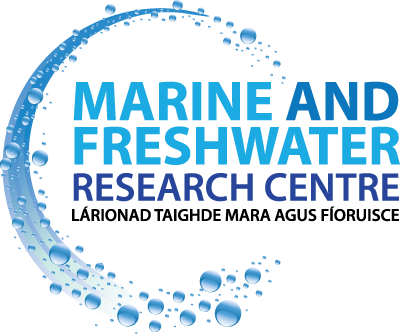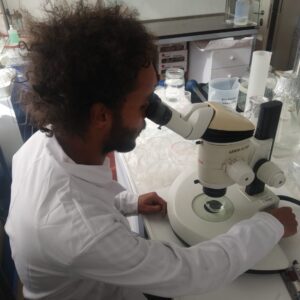The fisheries and aquaculture industries provide considerable employment in Irelands’ maritime communities. These industries require traceability tools in order to verify the origin of produce. Trace Elemental Fingerprinting (TEF) analyses the natural composition of seafood and can be used to determine its origin with high degrees of accuracy. This research aims to develop the world’s first scientifically based, publicly available traceability tool for seafood. Benefits to Ireland include improved consumer confidence in Irish food quality and safety, consumer health protection, deterrence and detection of food fraud, assurance of legal accountability, and enhanced marketing of Irish seafood abroad thereby stimulating job creation in rural Ireland.
This project is a collaboration lead by the Atlantic Technological University with University of Galway and the Marine Institute, with the support of the Food Safety Authority of Ireland, Sea-Fisheries Protection Authority, Bord Iascaigh Mhara, Irish Farmers Association and the Electricity Supply Board.
Project Aims:
- Develop and deliver scientific based traceability tools, using a combination of ICP-MS determined trace elemental fingerprinting and fatty acid profiles via GC-MS, to industry regulators for bivalve shellfish, crustaceans and finfish of commercial value and/or ecological importance.
- Examine the impacts of common industry practices on the reliability of such traceability tools.
- Test the speed and accuracy in the application of such traceability tools.
Funded by Science Foundation Irelands (SFI) through the Frontiers for Partnership Award 21/FFP-A/9100





